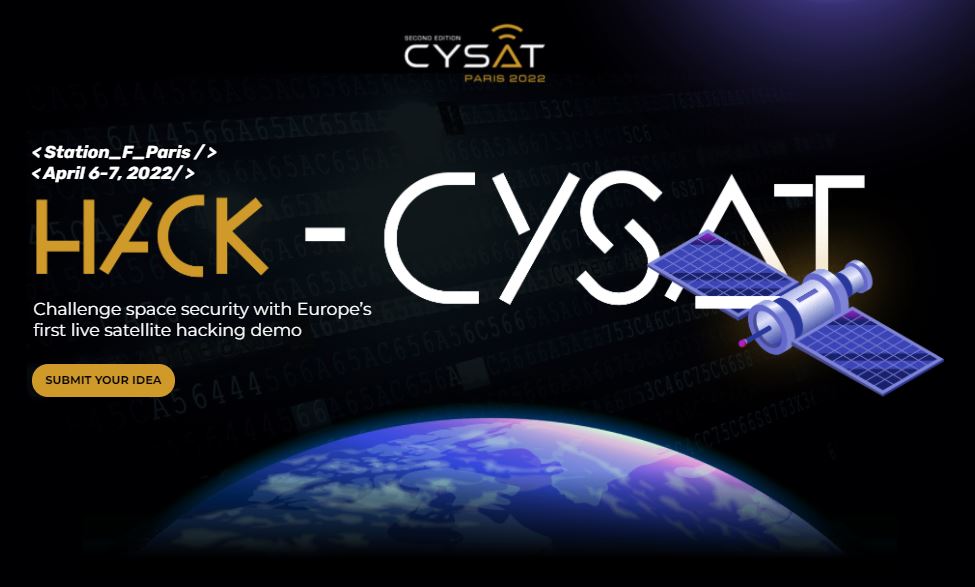The European Space Agency (ESA) has announced a new program that expects to engage the cybersecurity community to keep critical space systems protected against potential security threats.
This special event will take place during the annual Cysec conference, to be held next April. At this event, participants will have the opportunity to conduct security tests against the sophisticated OPS-SAT space satellite/laboratory, which will help the European space industry refine the cybersecurity of its implementations.

ESA points out that the exploitation of security flaws against technology such as OPS-SAT could generate severe failures in the services provided by the satellite, from Internet connectivity to telecommunications systems. On the other hand, the cybersecurity community estimates that cyberattacks generate losses of more than €500 million a year, so the best way to reduce these losses is the prevention of cyberattacks, testing the most advanced computer systems.
On the satellite in question, ESA mentions that THE OPS-SAT has already hosted various tests involving artificial intelligence, machine learning, deep learning and systems for financial transactions. Dave Evans, mission manager at OPS-SAT believes this is an ideal platform for ethical hackers to demonstrate their capabilities in a secure yet demanding environment: “This is an exciting opportunity to interact and learn from the best cybersecurity minds across Europe, using a platform developed specifically to learn and apply the knowledge gained in improving our current and future missions.”
Candidates selected to participate in the event will have the opportunity to verify their cybersecurity experiments in space; in addition, three finalists will be selected evaluating the creativity of their ideas, the technical feasibility of the proposed experiments and the quality of their reports.
Applicants must submit their projects by February 18. If shortlisted, they will receive controlled technical access to OPS-SAT systems for a live demonstration. During the event, ethical hackers will only have six minutes to successfully complete their experiments.
What are your thoughts on this application of technology? Do you think it will be useful for the aerospace industry? Do you want to know more about similar projects? To learn more about information security risks, malware variants, vulnerabilities and information technologies, feel free to access the International Institute of Cyber Security (IICS) websites.

He is a well-known expert in mobile security and malware analysis. He studied Computer Science at NYU and started working as a cyber security analyst in 2003. He is actively working as an anti-malware expert. He also worked for security companies like Kaspersky Lab. His everyday job includes researching about new malware and cyber security incidents. Also he has deep level of knowledge in mobile security and mobile vulnerabilities.











